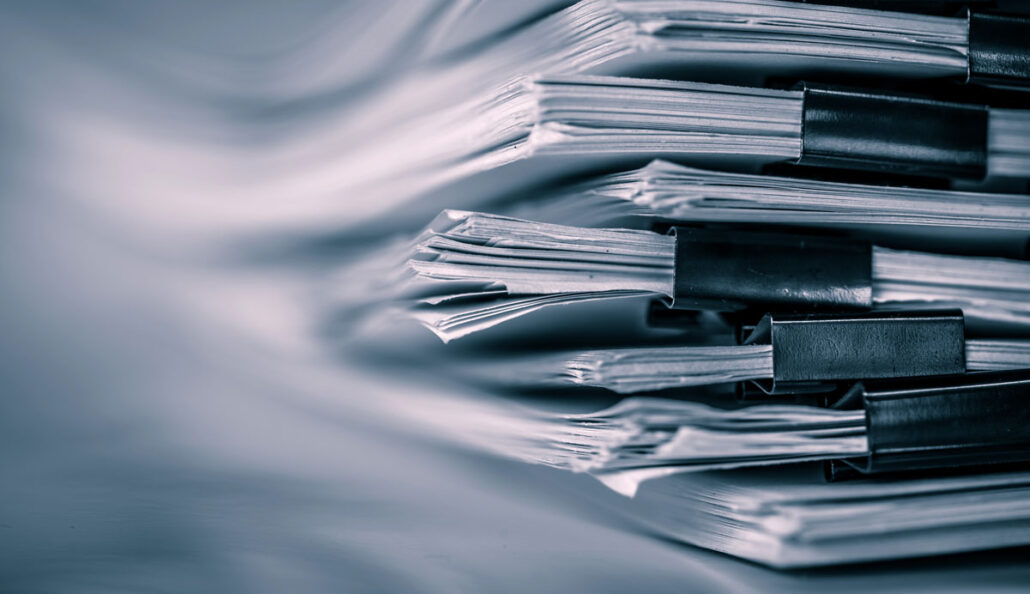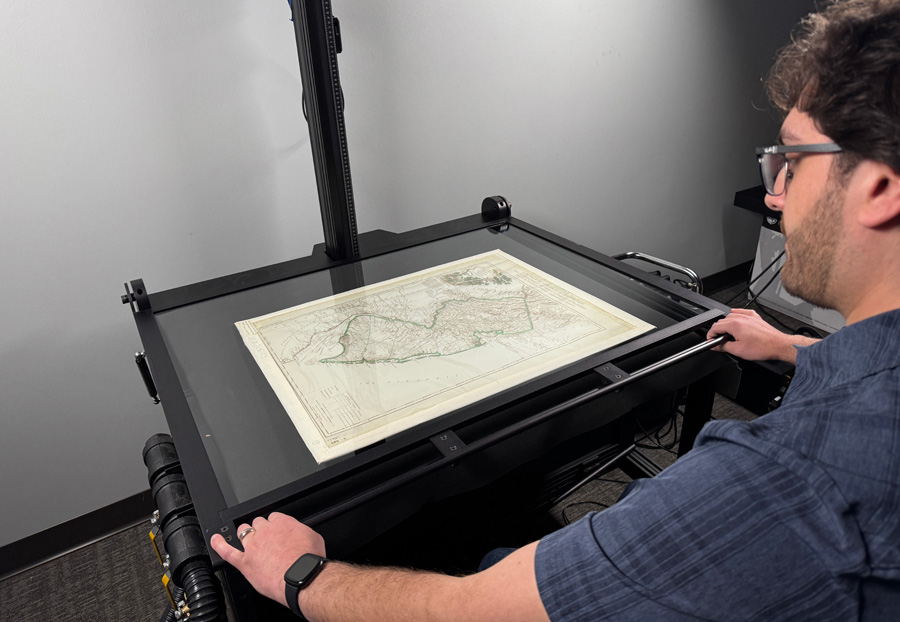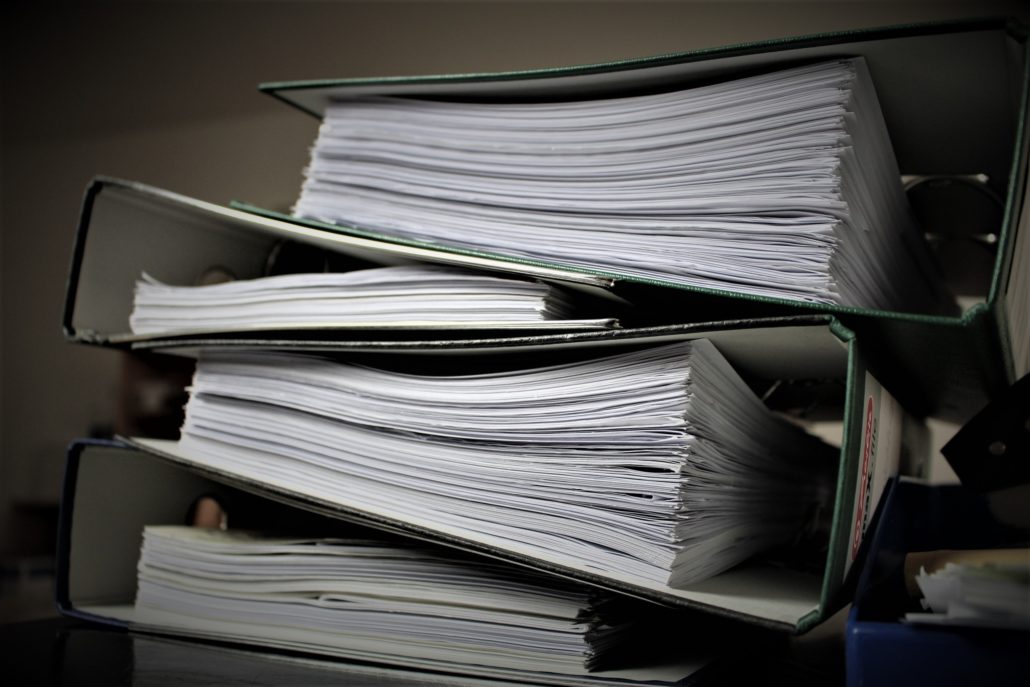
Document Scanning
SERVICES
Document Scanning for Historical Preservation and Paperless Offices
Document scanning is just the first step in our digitization process. Scanning your historical documents means preserving history—and our work at Anderson Archival is all about keeping that history pristine.


Safeguard Your Documents
A digital version of your historical document collection means those words and images are safe from disaster and decay due to time. Document scanning followed by our image cleanup and optical character recognition (OCR) process accurately preserves history and makes it accessible to future generations.
All Types of Originals
We work with documents, books, photos, memorabilia, and much more.
Careful Scanning Process
Not all items can survive an autofeeder. We select the best scanner and scanning method for each item.
Image Cleanup
Sometimes you want to to display an item but the original is degraded. Digital image cleanup can fill that gap.
FADGI 3 Star Compliant
Anderson Archival stays up to day with the industry quality standards set down by FADGI.

Scanning for Paperless Offices
Many small businesses are moving from file cabinets to searchable file databases. Does your small business’ data still exist only on paper? Has it already been digitized, but poorly? Document scanning services are the solution. Anderson Archival’s team of document conversion specialists keep your business efficient and your data safe from loss, natural disaster, and outdated technology.
Digital databases should be accessible and efficient, meaning a quick keystroke can bring relevant documents to your screen instead of hours wasted looking through boxes. Digital copies and guaranteed backups circumvent malware, ransomware, or data loss from natural disaster or human error.
Scanning for Periodic Audits
If your office isn’t already operating paperlessly and is frequently subjected to audits, having organized, readable, digital copies of your work is essential. Digital files are readily available to send and share, making the audit process quick and painless.
Scanning in preparation for audits can occur on the timetable you choose: monthly, quarterly, yearly—whatever best meets your needs. Our team quickly and accurately scans your data, keeping originals organized and un-damaged. Do your scans need to be searchable? Our team can add metadata and even perform OCR.

Why Does the Scanner You Use Matter?
When first planning a digitization project, it can be tempting to do it all in-house. After all, you have a scanner. Besides all the often overlooked costs of in-house digitization, for many projects just any old scanner won’t do. Especially if you need digitization standards like FADGI, regular automatic document feed scanners may not produce the color-accurate images you need. Color isn’t the only issue to watch out for when choosing a scanner. Auto-feed scanners risk cutting off the edges of a page compared to a camera that can be positioned to capture the entire item.
Choosing a scanner appropriate for your collection, materials, and desired output is an important part of Anderson Archival’s process. An auto-feed scanner is great for paperless office digitization, but historical photos need more precise cameras. Compare the results between an auto-fed scan and our Versa’s color-verified, high-resolution camera capture.




